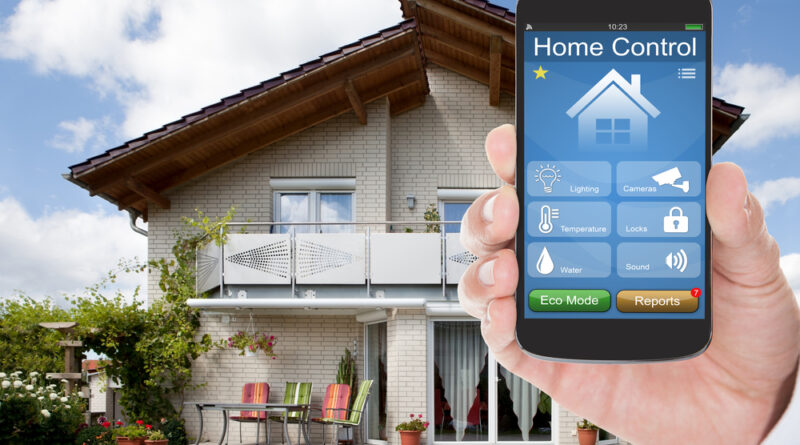In today’s tech-driven world, choosing the right home automation system can significantly elevate your living experience. These systems offer many benefits, from enhanced convenience and security to energy efficiency and entertainment. However, with the abundance of options available, selecting the perfect design can be overwhelming.
Are you curious about what home automation systems offer? Do you want to know how to choose the right home automation system? This article guides you through the essential considerations when selecting a home automation system. From assessing your needs and compatibility to evaluating features and scalability, this is the perfect guide for choosing an automation system tailored to your preferences, lifestyle, and long-term goals.
What do Home Automation Systems Offer?
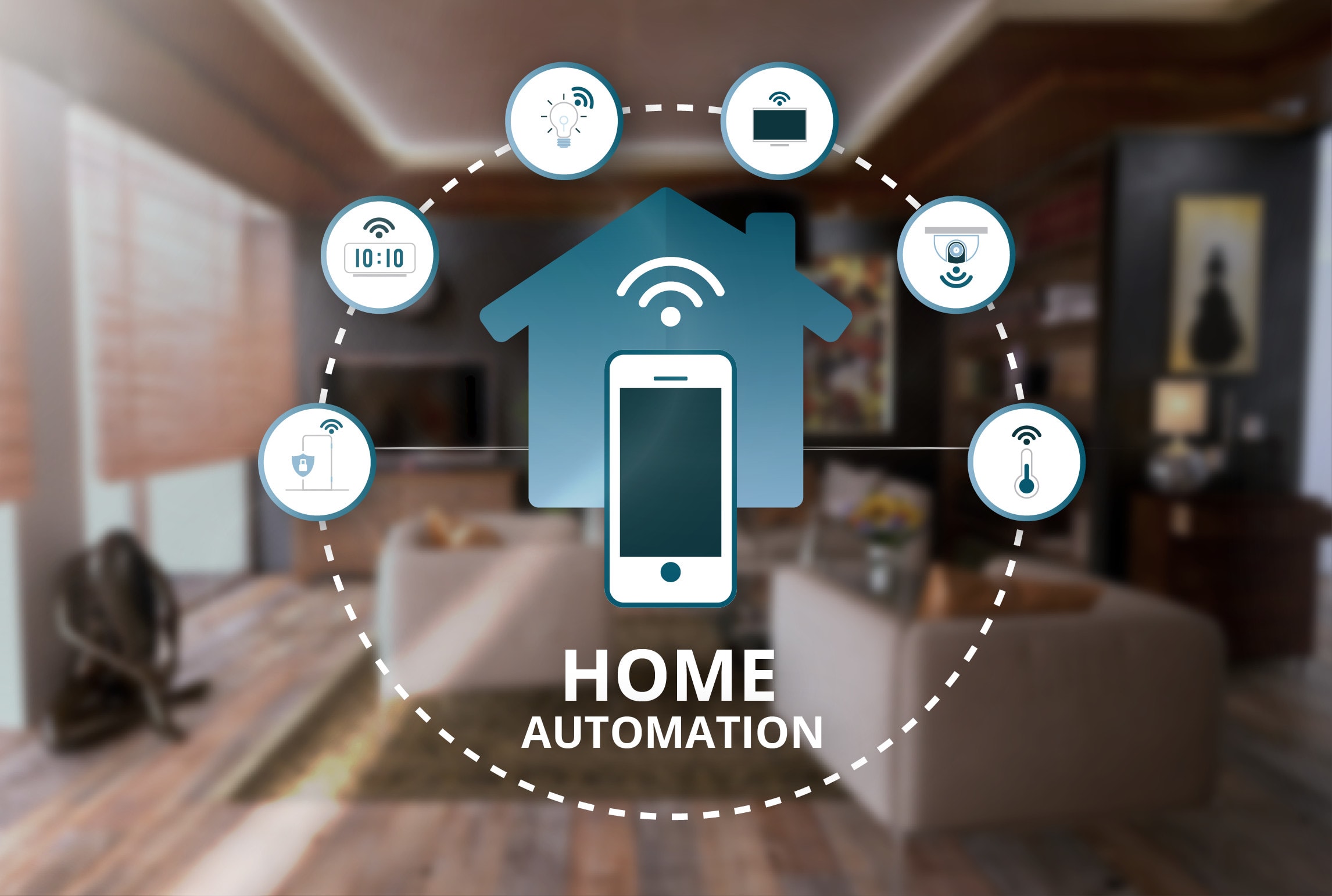
source: pinterest.com
Home automation systems offer a wide range of features that bring convenience, efficiency, and control to homeowners’ lives. These systems utilize technology to connect and automate various devices and systems in the home. Some key offerings of home automation systems include:
Smart Lighting Control: Homeowners can control the lighting in their homes remotely or automatically based on time of day, occupancy, or ambient light levels.
Temperature Regulation: Smart thermostats allow for remote control of heating and cooling systems, enabling energy savings and customized comfort.
Security and Surveillance: Home automation systems often include security features such as remote monitoring of cameras, doorbell cameras, motion sensors, and door/window sensors.
Smart Locks: Homeowners can lock and unlock doors remotely, provide temporary access to guests, and receive notifications about door activity.
Energy Management: These systems help optimize energy consumption by monitoring usage patterns and controlling appliances and lighting accordingly.
Entertainment Control: Home automation can integrate entertainment systems, enabling remote control of audio, video, and home theater setups.
Voice Control: Many home automation systems are compatible with voice assistants like Amazon Alexa, Google Assistant, and Apple Siri, allowing for hands-free control of devices.
Home Health Monitoring: Some systems include health monitoring devices that track air quality, humidity, and particulates. Remote sensors can also detect water, leaks, or smoke and send alerts to prevent potential structural damage.
Factors to Consider when Choosing a Home Automation System
Location
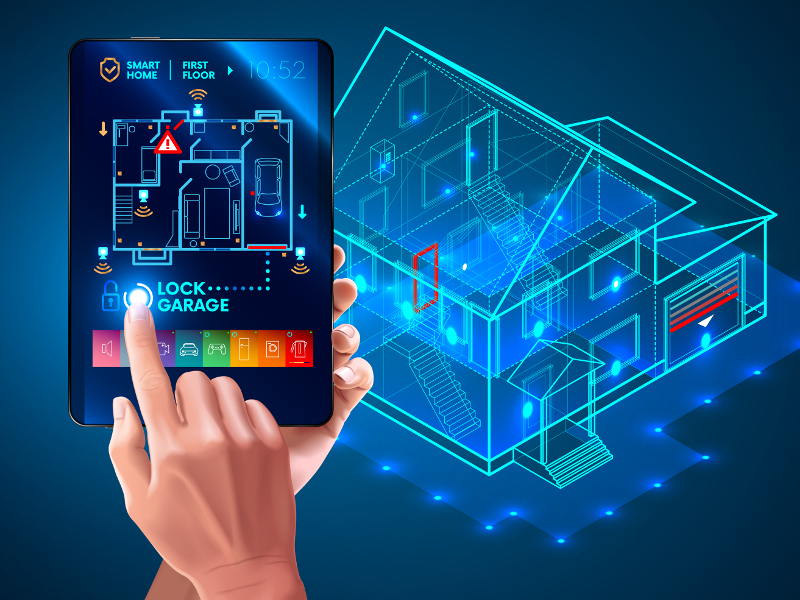
source: pinterest.com
Assess the layout and size of your home. Larger homes require more comprehensive systems, while smaller spaces may benefit from simpler setups. Consider the number of rooms, outdoor spaces, and areas you want to automate. Additionally, it would be best to consider other factors, such as wiring, outlets, and network connections.
Besides the house’s layout, your location can also determine your target audience and their lifestyle. Areas that require more security consciousness will need a more comprehensive surveillance system and smart locks.
Compatibility with Other Devices
Check if the home automation system is compatible with the devices you already own, such as smartphones, tablets, and voice assistants. Investing in a solution that seamlessly works with your existing devices can save your tenants a lot of undue stress and improve the efficiency of your installations.
Double-check online or ask the installation company if their systems match your existing appliances. An integrated ecosystem ensures seamless communication and control over lighting, locks, and cameras. It would help if you discussed this with a knowledgeable rental property manager in Richmond to see how these upgrades could attract tenants.
Budget
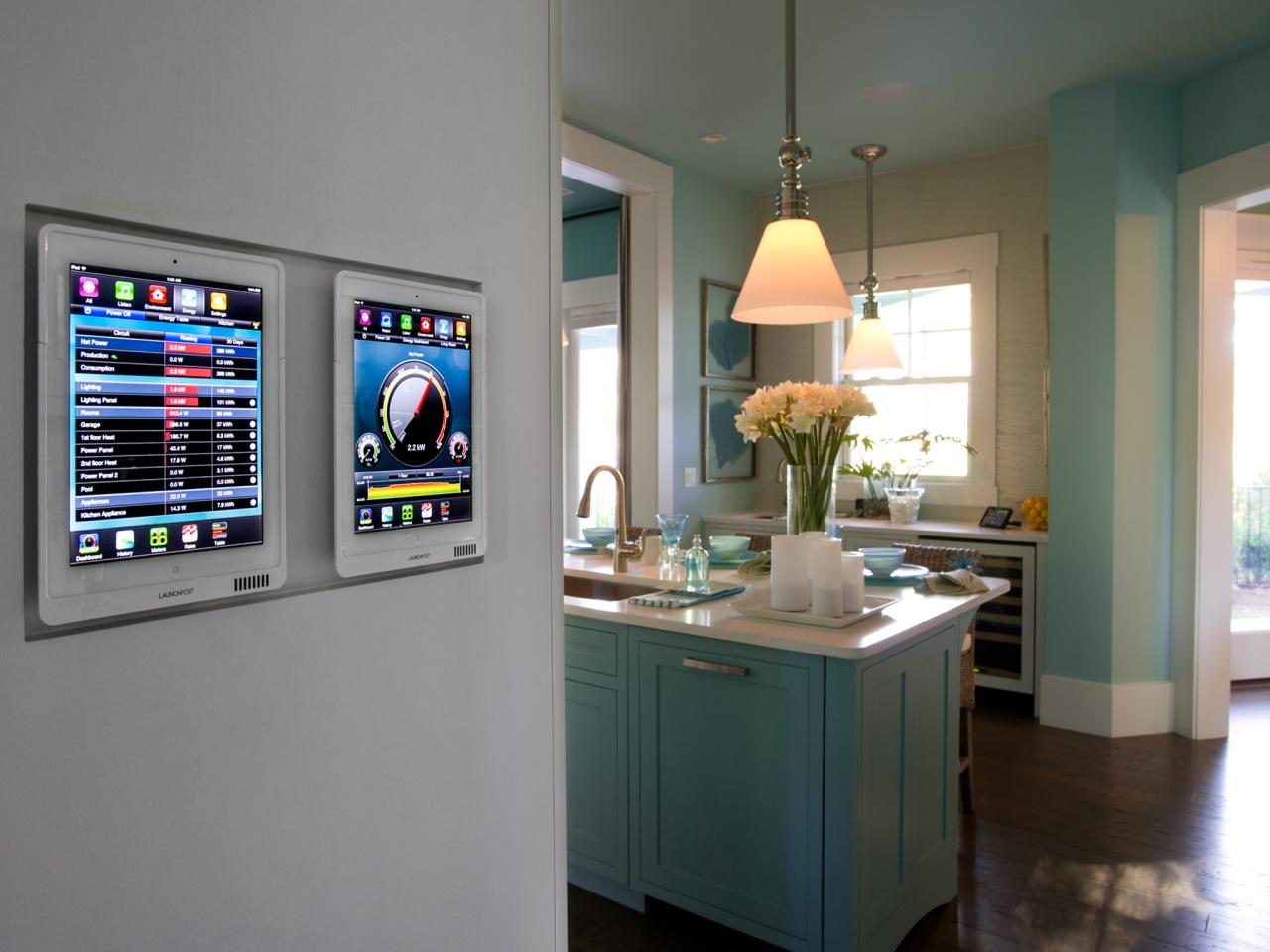
source: pinterest.com
Determine your budget for both the initial investment and potential ongoing costs. Some systems require subscription fees for advanced features or cloud storage, while others are one-off solutions that require only occasional maintenance and upgrades. Finding a system that offers the right balance of components within your budget is essential. While it’s critical not to overspend, remember that the cheapest solutions might not offer as much convenience and would likely have a lower ROI.
Privacy
Look into the data privacy policies of the system provider. Considering home automation systems enhance communication between your device and home, security should be your top priority. Ensure that personal information and data collected by the system are securely stored and not shared without your consent. Opt for systems with strong encryption and privacy controls.
Energy Efficiency
Consider how the automation system contributes to energy efficiency. Smart thermostats and monitoring tools can help you regulate energy consumption and reduce utility bills. Smart lighting systems with detectors can also adjust artificial lighting in the presence or absence of sunlight, making it more convenient. Opting for greener home solutions can also be a selling point for more energy-conscious tenants looking for a more sustainable way of living.
Scalability and Future Expansion
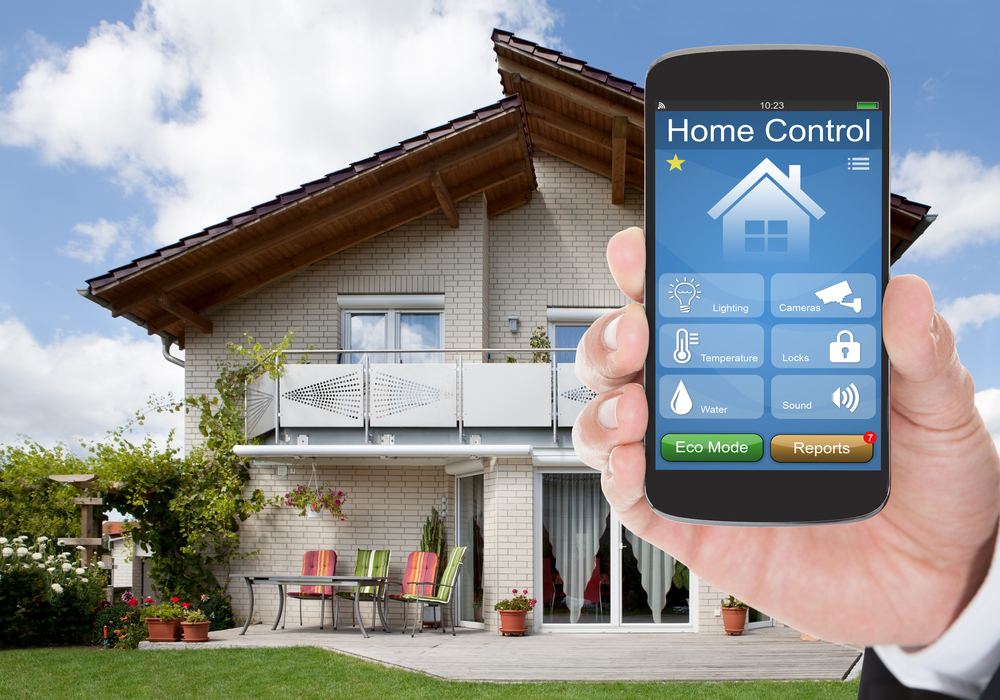
source: pinterest.com
Think about the potential for adding more devices or features in the future. A system that allows easy integration of new devices ensures your automation setup remains adaptable as your needs change. In the long run, it also saves you money from purchasing a new system to incorporate more devices or gadgets. You should compare different platforms and service offerings to see which ones suit your goals, budget, and preferences.
User-Friendly Interface
Evaluate the system’s user interface. Adopting a user-friendly app or interface simplifies device management and configuration, making the system more accessible to all household members. Besides, it makes it easier for new tenants to understand and adjust to living in your rental. User-friendly automation systems are also easier to maintain, improving the comfort and convenience of the residents and extending their lifespan.
Conclusion
In conclusion, knowing how to choose the right home automation system can help you maximize your rentals’ efficiency. These home solutions offer advantages such as smart lighting, security and surveillance, voice control, detector monitoring, energy management, and more, which can improve the comfort and convenience of a house.
Assessing your home’s layout, ensuring compatibility with existing devices, setting a reasonable budget, prioritizing data privacy, and considering energy efficiency are essential steps to making a well-rounded decision. By taking these considerations into account, homeowners can confidently choose a home automation system that caters to their current requirements and provides the flexibility to adapt and grow with evolving technology and lifestyle preferences.

